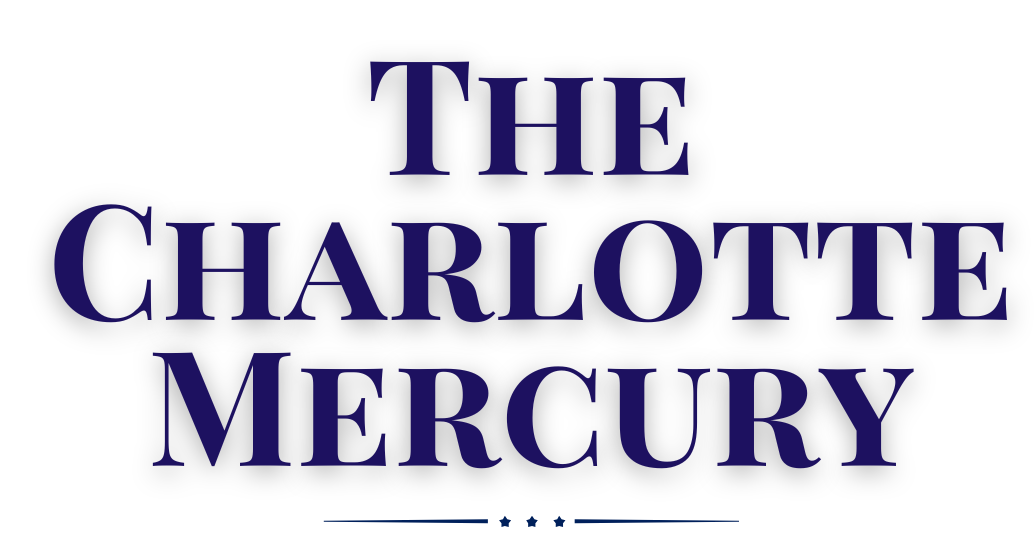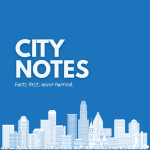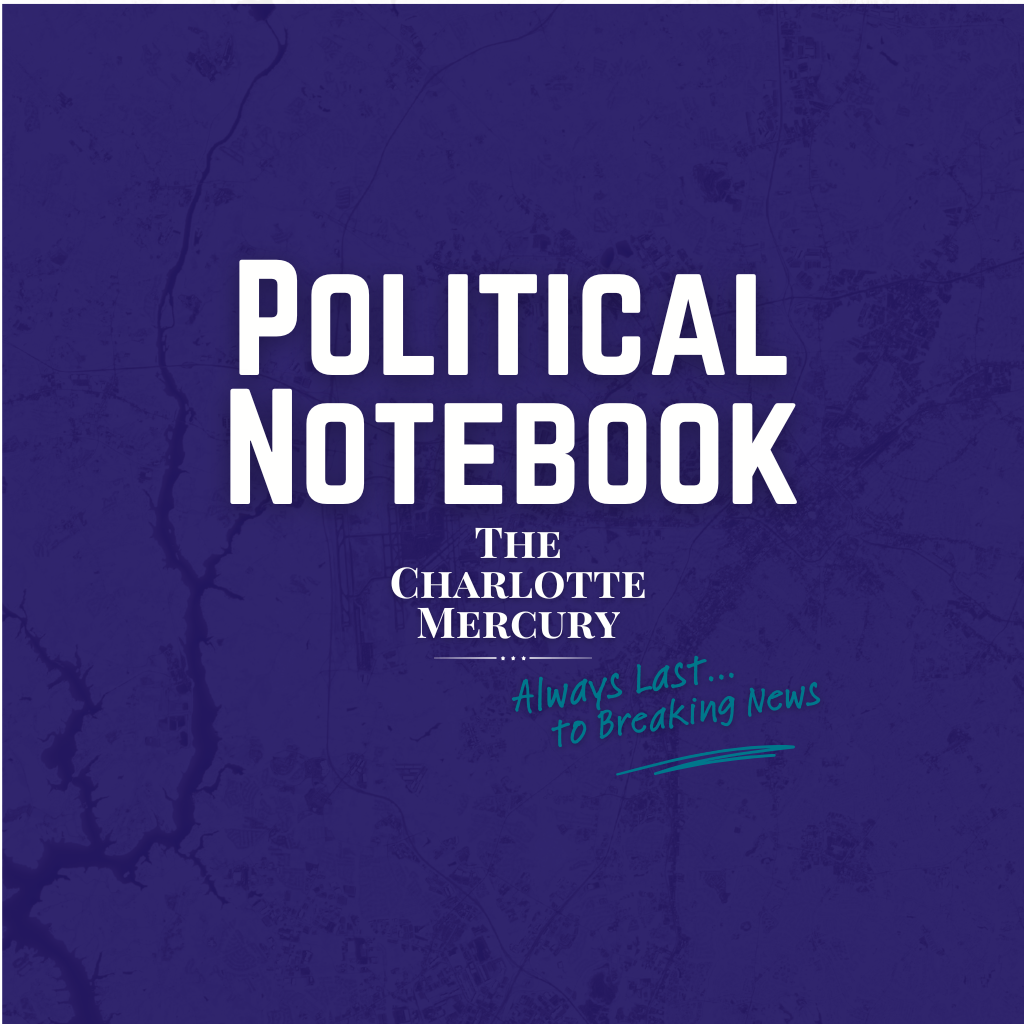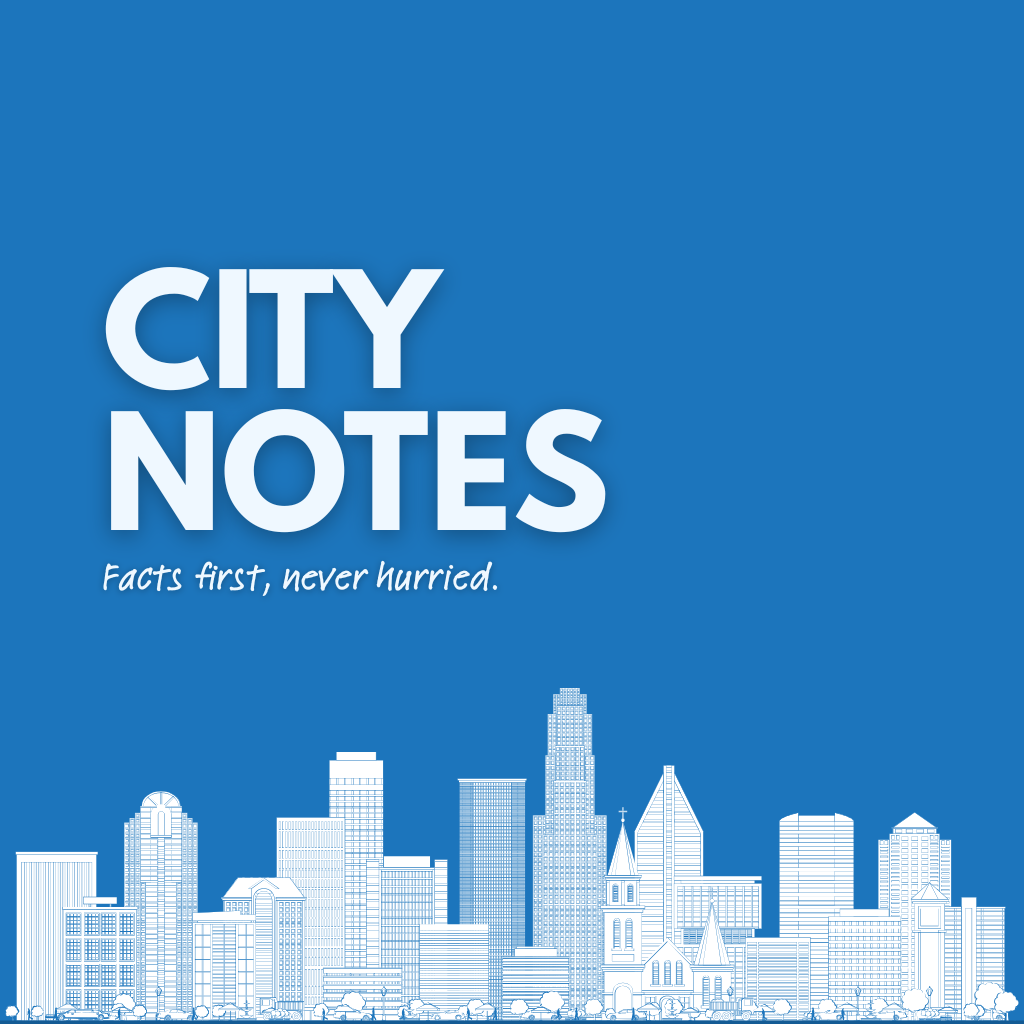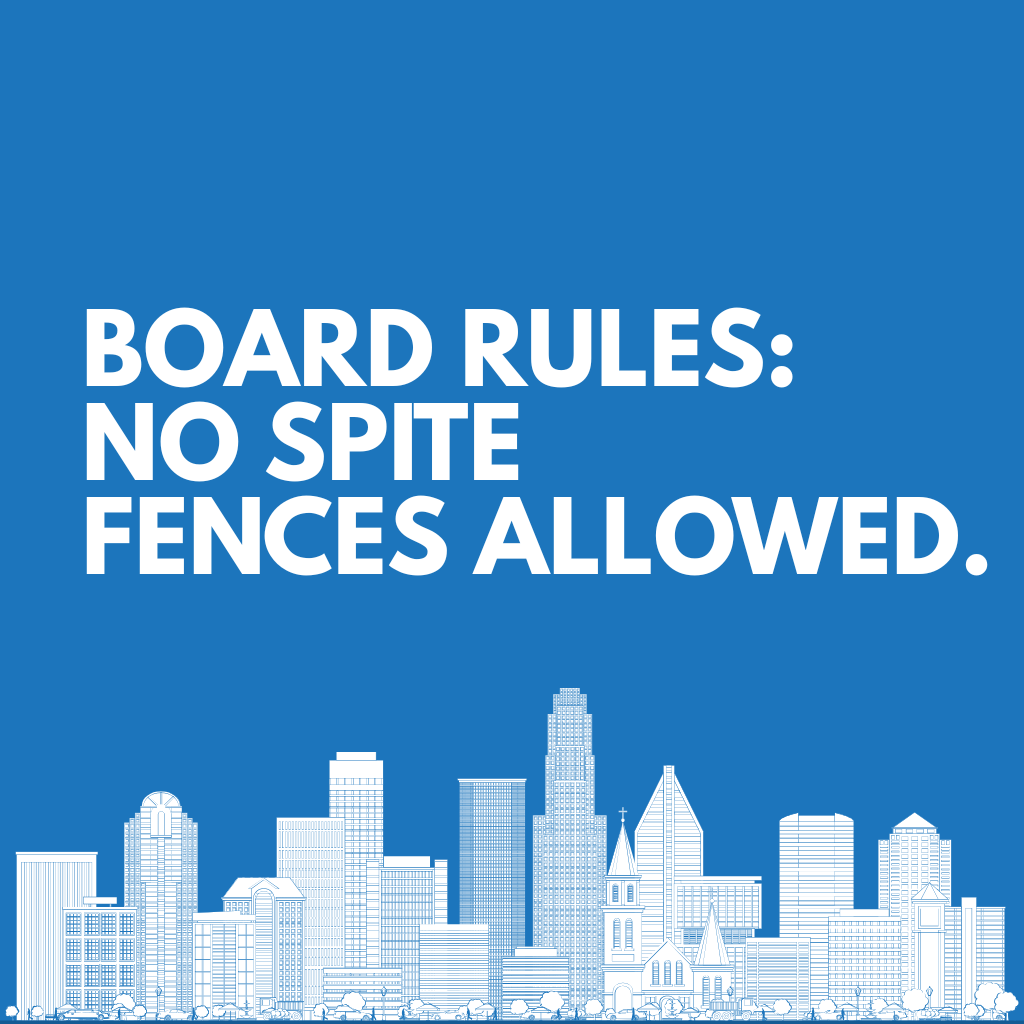Charlotte Council Presses Pause on $13.5M Housing Proposal Amid Legacy Pressure and Budget Strain
By Jack Beckett | The Charlotte Mercury
April 15, 2025
“Maybe they should be convening us.”
That line, delivered by Councilmember Malcolm Graham, set the tone Monday night as Charlotte’s City Council took up the Brooklyn Village affordable housing proposal — and left it in a holding pattern. The largest $13.5 million funding request in Housing Trust Fund history was met with deep skepticism, muted praise, and zero movement.
“This is the largest ask in Housing Trust Fund history,” Housing and Neighborhood Services Director Rebecca Hefner told Council in her overview. Approving the proposal, she added, would have “essentially exhausted” the city’s entire rental production allocation from the $100 million affordable housing bond.
The council didn’t vote. No one called the question. And that silence spoke louder than any motion.
A Project with History. And Baggage.
Brooklyn Village was once the heart of Charlotte’s Black professional and cultural life. Then, during urban renewal, the city razed it. Nearly 60 years later, the promise to rebuild—symbolically and materially—remains unfulfilled.
Monday’s deferral was wrapped in procedural language. But the frustration wasn’t subtle.
“I’m not optimistic about the development team just based on 10 years of reading news clips,” Graham said. He wasn’t alone. Multiple council members referenced the project’s stalled progress, complex funding stack, and a rotating cast of institutional partners — including Mecklenburg County and Inlivian — whose roles remain unclear.
Still, no one openly opposed the project. Instead, staff recommended convening all partners and returning with an updated approach in June. “We think we can get a better outcome for you all on this development if we’re all sitting down and working together,” Hefner said.
$13.5M, Zero Clarity
Councilmember Victoria Watlington voiced cautious support for the concept but questioned how the proposed affordability mix aligns with economic mobility goals.
“There’s some conversation around what that AMI mix really looks like,” she said. “We need to make sure we’re providing housing that matches the kinds of workers we need in Center City to keep our engine running.”
Others agreed — with an asterisk. “We want Brooklyn Village to succeed,” Councilmember James Mitchell said, “but we also need to understand where the County and Inlivian are in this.”
No one denied the symbolism. Councilmember Tiawana Brown, whose family lived in the original Brooklyn neighborhood, said flatly, “We need to do the right thing for a change.”
But even she acknowledged the deeper issue. “History is disappearing in this city,” she said. “Everything’s being knocked down… and I’m just not with it.”
The developer, unnamed in the meeting but alluded to frequently, has been trying to get Brooklyn Village off the ground for more than a decade. Multiple councilmembers referred to past missed deadlines and unclear timelines. One warned against giving city funds to a project that remains vague on outcomes, even after years of planning.
Deferred — But Not Forgotten
City staff categorized the project as “under further evaluation,” not fully deferred to the next funding round. The goal, according to Hefner, is to reconvene all stakeholders and bring back a more feasible structure outside of the standard Housing Trust Fund cycle.
But Council’s tone was unmistakable: Brooklyn Village may be symbolic, but no one is writing checks based on symbolism alone.
Even with a historic funding pool — the $100M housing bond approved by voters last year — the pressure to allocate it wisely has grown sharper. Other proposed projects came in with 99-year affordability commitments and stronger readiness to build. The Brooklyn Village proposal, by contrast, arrived with what Councilmembers perceived as a half-baked stack of promises, politics, and paperwork.
Council is expected to revisit the project in June. But for now, Charlotte’s most high-profile affordable housing promise remains exactly what it’s been for years: a plan, a problem, and a placeholder for justice that keeps slipping into the future.
☕ Sponsored By Summit Coffee
This article was powered by a vat of Summit Coffee’s Basecamp Blend. We recommend it for anyone attempting to read 83 pages of housing policy while pretending to understand a tax credit stack.
Visit their cafés across North Carolina — from Davidson to Asheville — or shop online at summitcoffee.com for roasts that fuel community and council watchers alike.
👕 Presented by Glory Days Apparel
Glory Days Apparel is The Charlotte Mercury’s official apparel sponsor. Nostalgic, local, and impossible to throw out — just like your opinion on Brooklyn Village.
📍 Visit them at 2202 Hawkins Street, Charlotte, NC
📞 Call them at (980) 237-4772
📧 Email: contact@glorydaysapparel.com
🛍 Tagline: “Charlotte’s Premier Nostalgia Brand”
If your memories include the Hornets in pinstripes, Brookhill before rezoning, or that one time Council agreed on something — Glory Days has a shirt for that.
🧵Want to weigh in? Scream into the void or tweet at us over on Twix: x.com/queencityexp. We read all of it. Even the bad takes.
Jack Beckett
Senior Writer, The Charlotte Mercury
Still running on Basecamp Blend and civic whiplash. Find me at Council chambers or asking for oat milk like it’s a policy line item.
